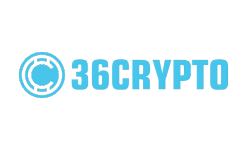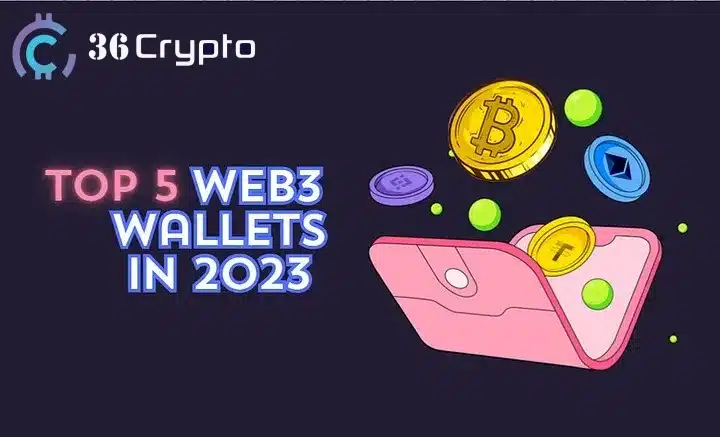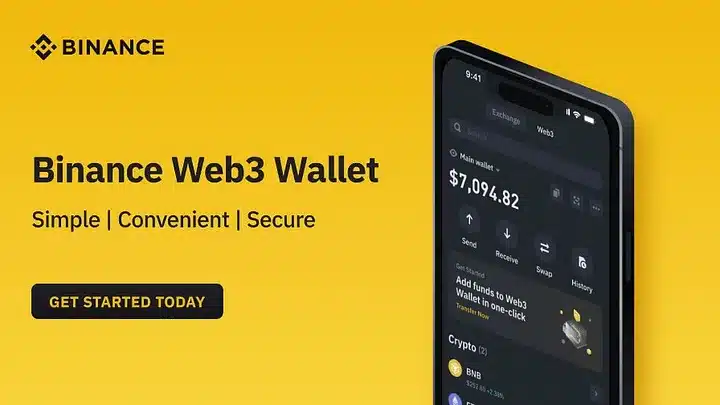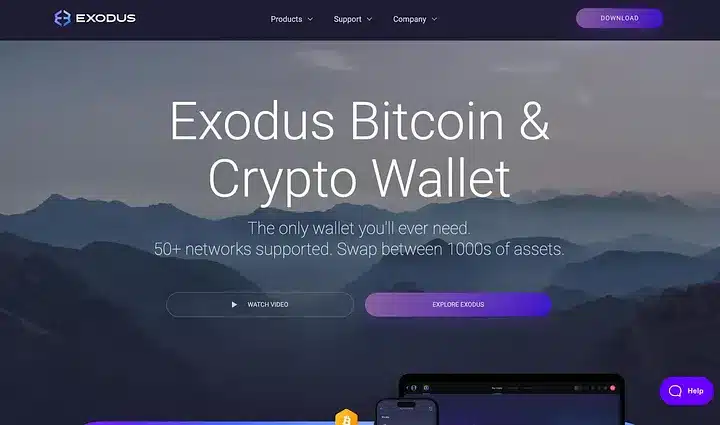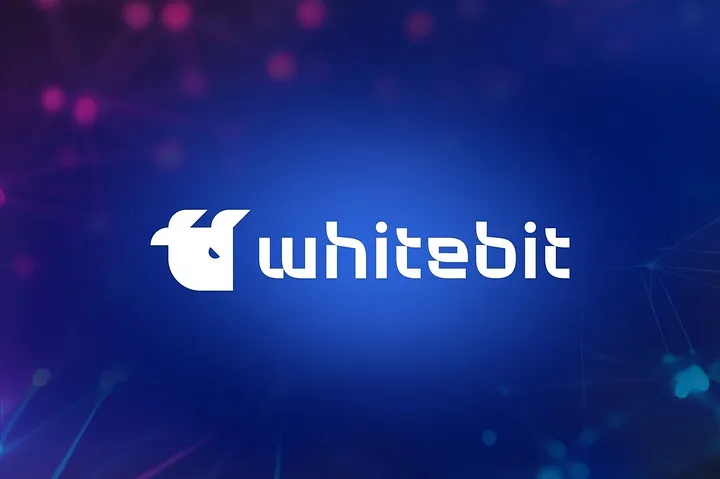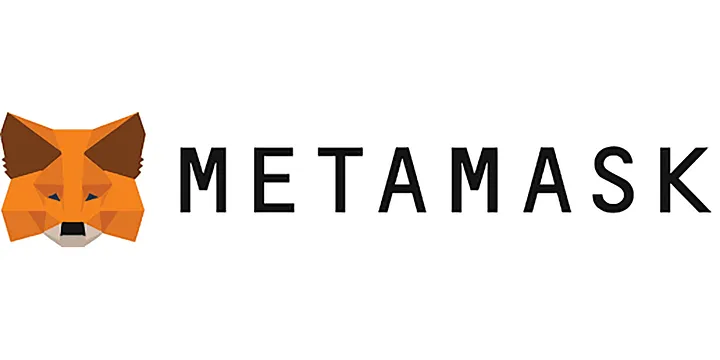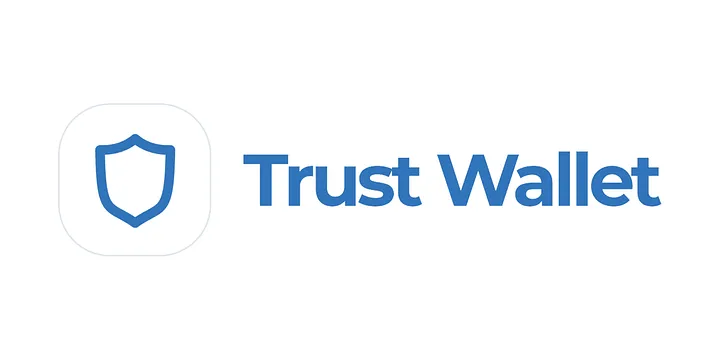The digital landscape, encompassing cryptocurrencies and decentralized applications (dApps), is in a constant state of flux. The broad acceptance of Web3 technology has significantly impacted numerous platforms, wallets, and payment gateways.
Their versatility and user-friendly features have resulted in a substantial user base, leading to a significant uptick in the use of these services for cryptocurrency trading.
Web3 wallets play a pivotal role in empowering users by providing control over their digital assets and interactions, serving as the gateway to the decentralized network. In this article, we will delve into the top 5 Web3 wallets.
key features to consider when choosing Web3 wallets for everyday use
Enhanced User Experience
- User-Friendly Interface: Web3 wallets prioritize a user-friendly design to cater to both experienced crypto enthusiasts and newcomers. Asset management and interactions with decentralized applications will be simplified through intuitive interfaces.
- Accessibility: The goal of Web3 wallets is to provide an accessible service to users. Features should be presented for user convenience, ease of use on mobile devices, and support for multiple languages.
Privacy and Security
- Biometric Authentication: For security and user convenience, wallets that support biometric authentication methods such as fingerprint and facial recognition will be available.
- Self-Custody: The principle of self-custody for users should remain paramount, meaning users have full control over their digital assets, including private keys.
Interoperability
- Multi-Chain Support: Web3 wallets will enhance compatibility with multiple blockchains, such as Ethereum, Binance Smart Chain, Solana, Polkadot, and others. Users will be able to efficiently manage various assets thanks to cross-chain compatibility.
- Atomic Swaps: Users will be able to trade assets between different blockchains directly from their wallets, thanks to the inclusion of atomic swap functionality.
DeFi Integration
- Web3 wallets need built-in DeFi features that simplify users’ access to lending platforms, borrowing, earning yields, and providing liquidity, all without leaving their wallet interfaces.
- Profitability Monitoring: Wallets will provide customers with information about their DeFi investments, including transaction history, portfolio performance, and profitability monitoring.
Compatibility
- Ecosystem Integration: The broader cryptocurrency ecosystem will easily integrate with Web3 wallets. This includes integration with blockchain-based identity solutions, decentralized autonomous organizations (DAOs), and decentralized exchanges (DEXs).
- Cross-Platform Usage: Users will have continuous access to their Web3 wallets regardless of their location or device.
Top 5 Web3 Wallets in 2023
1. Binance Web3 Wallet
Binance Web3 Wallet is the proprietary wallet from the largest cryptocurrency exchange, Binance. The product was officially introduced today during the flagship conference of Binance Blockchain Week in Istanbul.
This wallet is designed to meet the demand for a simple, user-friendly, and secure way to explore the world of digital assets.
Key Feature
- Users can create and activate their Web3 wallet in a matter of seconds through the mobile version of the offering. The Web3 Wallet includes a set of innovative Earn and DeFi services that allow users to earn rewards from their digital assets.
- Binance’s Web3 Wallet also serves as a hub where users can explore various dApps, purchase cryptocurrencies at excellent rates through the Swap feature thanks to high liquidity and low slippage, and execute cross-chain transactions across different networks with just a single click.
2. Exodus Wallet
Exodus offers expert customer support through chat, email, and a comprehensive knowledge base. Setting up Exodus on desktop and mobile is easy, using a 12-word seed phrase for recovery and syncing via QR code.
This beginner-friendly Web3 wallet provides usability, extensive asset support, and robust security. Its features, including staking, decentralized applications (dApps), and NFTs, make it attractive for those exploring various facets of the crypto ecosystem. Exodus reported strong results in the second quarter with revenue, indicating a trend of users once again opting for wallets.
Key Features
- User privacy: Exodus emphasizes user privacy, omitting the need to Know Your Customer (KYC) information and enabling anonymous transactions.
- Fast Transactions: Exodus simplifies cryptocurrency transactions, offering a cost-effective approach to sending and receiving digital assets. Exodus encompasses various features, such as support for decentralized applications (dApps), enabling crypto investors to generate income from their tokens on the Exodus platform. This can be achieved through staking, yield farming, or savings accounts.
- Integration: Exodus seamlessly integrates with Trezor hardware wallets, providing investors with the option to store their cryptocurrencies offline while maintaining transparency in their portfolios.
3. WhiteBIT
WhiteBIT stands as a prominent cryptocurrency exchange in Europe, delivering swift transaction services to its users. The platform has an integrated authorization function and deposit with a Web3 wallet. Moreover, Web3 technology plays a pivotal role in WB Soul, the exclusive ecosystem of WhiteBIT, serving as the cornerstone for various products on the native blockchain of the exchange, known as WB Network. Additionally, to mark WhiteBIT’s fifth anniversary, new users are eligible for rewards.
Key Features
- Integration with Web 3.0: WhiteBIT is designed to facilitate seamless user interaction with cryptocurrency from anywhere in the world, simplifying the login process through Web3 wallets.
- User Privacy: WhiteBIT places a special emphasis on security, employing 2FA authentication and undergoing regular Haken audits while maintaining anti-money laundering (AML) capabilities.
- Asset conservation: Approximately 95% of WhiteBit’s assets are securely stored in cold wallets. The platform offers a wide range of trading instruments and hosts its blog, catering to both novice and experienced users, making it an exceptional choice.
- WhiteBIT boasts a vast ecosystem, and one of the products within this ecosystem is Whitepay. Whitepay is considered an outstanding platform for businesses, recognized as one of the top payment gateways with POS terminals.
4. Metamask
MetaMask is one of the best Ethereum-based multi-cryptocurrency wallets, primarily designed for interacting with dApps on the Ethereum blockchain. It is available as a browser extension and a mobile app.
Very recently, based on news from Forkast, it has become known that Mastercard is exploring the possibilities of partnering with the cryptocurrency wallet MetaMask.
Key features
- Web 3.0 integration: MetaMask is designed to interact with dApps through web browsers seamlessly, simplifying the process of accessing and using DApps.
- User privacy: MetaMask prioritizes user privacy and anonymity, as it does not require personal information during account creation. Users retain full control over their private keys.
- Custom network support: Users can easily connect to different Ethereum networks and customize their RPC settings, making it a versatile choice for developers and advanced users who need to work with test networks or custom configurations.
5. Trust Wallet
Trust Wallet is one of the finest crypto wallets for new users and investors, an open-source, decentralized mobile wallet that supports more than 160K assets and blockchains. Trading parties can use it to stake their cryptocurrency for interest. The wallet has since been improved to handle other popular cryptocurrencies like Bitcoin, in addition to the initial ERC20 and ERC223 tokens.
In June 2018, Trust Wallet was purchased by Binance. Users of the wallet can purchase cryptocurrencies via the native decentralized exchange (DEX) on the Kyber Network, thanks to the built-in Web3 browser. The Trust Wallet app also enables users to access the many DApps created on the Ethereum network directly.
Key features
- Decentralized: It is a wallet not tied to custody, meaning you have full control over your private keys and funds. Trust Wallet never stores or has access to your funds.
- Built-in Web 3.0 Browser: Trust Wallet includes a built-in Web 3.0 browser, allowing you to access decentralized applications directly from the wallet interface.
Conclusion
The widespread adoption of Web3 technology has brought about substantial changes in platforms, wallets, and payment gateways, drawing in a growing user base due to their multifunctionality and user-friendly interfaces.
Web3 wallets play a pivotal role in granting users control over their digital assets and interactions, serving as the gateway to the decentralized network.
When selecting a Web3 wallet for everyday use, key considerations include a user-friendly interface, accessibility, robust privacy and security measures like biometric authentication and self-custody, cross-chain compatibility with support for atomic swaps, seamless integration with the DeFi ecosystem, and compatibility with various blockchain projects and cross-platform accessibility.
